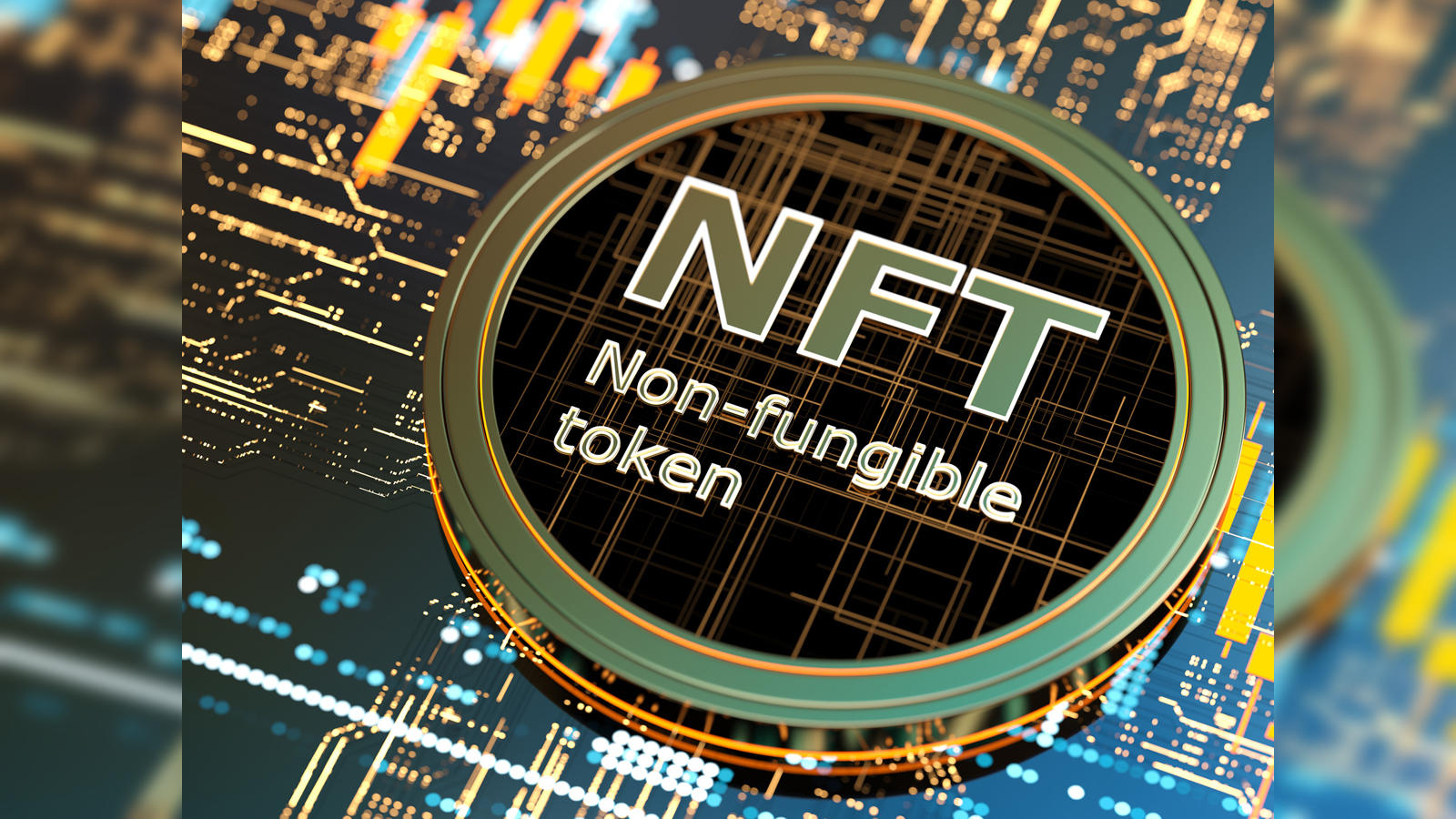

Navigating NFTs and Copyright Law: Protecting Digital Assets
The Rise of NFTs
Non-fungible tokens (NFTs) have taken the digital world by storm, revolutionizing the way we perceive and trade digital assets. From digital art to virtual real estate, NFTs have opened new avenues for creators to monetize their work in the digital realm. As the popularity of NFTs continues to soar, questions regarding their interaction with copyright law become increasingly pertinent.
Understanding NFTs and Copyright
NFTs are unique digital tokens that represent ownership of a specific digital asset using blockchain technology. While NFTs enable creators to authenticate and sell their digital works, questions arise about how copyright law, traditionally designed for physical creations, applies to these intangible digital assets.
The Intersection of NFTs and Copyright Law
One of the primary challenges in the NFT space is defining the boundaries between ownership facilitated by blockchain and the rights conferred by copyright law. Creators must navigate the complex landscape to ensure that their intellectual property is protected while also respecting the rights of others.
Challenges and Controversies
As the NFT market expands, controversies regarding the unauthorized use of copyrighted material within NFTs have emerged. Artists and copyright holders face the challenge of monitoring and enforcing their rights in a decentralized and often anonymous digital environment.
Legal Implications for NFT Creators
NFT creators need to be aware of copyright laws governing their work to avoid potential legal pitfalls. Understanding the rights they hold, the duration of those rights, and potential licensing arrangements is crucial for NFT artists seeking to navigate the legal landscape.
Smart Contracts and Copyright Terms
Smart contracts, integral to NFT transactions, can be programmed to embed specific copyright terms. These contracts can automate royalty payments and ensure that creators receive compensation each time their work is resold. NFT platforms and creators must collaborate to incorporate copyright-friendly smart contract functionalities.
International Perspectives on NFT Copyright
Given the global nature of the NFT market, navigating international copyright laws adds another layer of complexity. Consistency in copyright protection and enforcement across borders becomes vital as NFTs transcend geographical boundaries.
Copyright Infringement and Enforcement
Cases of copyright infringement within the NFT space have led to increased scrutiny and calls for robust enforcement mechanisms. NFT platforms are exploring ways to implement effective content monitoring and reporting systems to address copyright concerns promptly.
Educating the NFT Community
To foster a responsible and legally compliant NFT ecosystem, education is key. Providing resources and guidelines on copyright law, licensing, and fair use can empower NFT creators, platforms, and collectors to make informed decisions and contribute to a more ethical digital marketplace.
Collaboration between NFT Platforms and Copyright Holders
A harmonious relationship between NFT platforms and copyright holders is essential for addressing challenges and ensuring fair compensation. Collaborative efforts can lead to the development of industry best practices that balance the interests of creators, collectors, and the broader NFT community.
In conclusion, the intersection of NFTs and copyright law presents both opportunities and challenges. As the NFT space continues to evolve, a nuanced understanding of copyright principles, proactive legal frameworks, and collaborative efforts between stakeholders will be crucial for the responsible and sustainable growth of the NFT ecosystem.
For more information on NFTs and copyright law, visit Star Mountain Resources.







